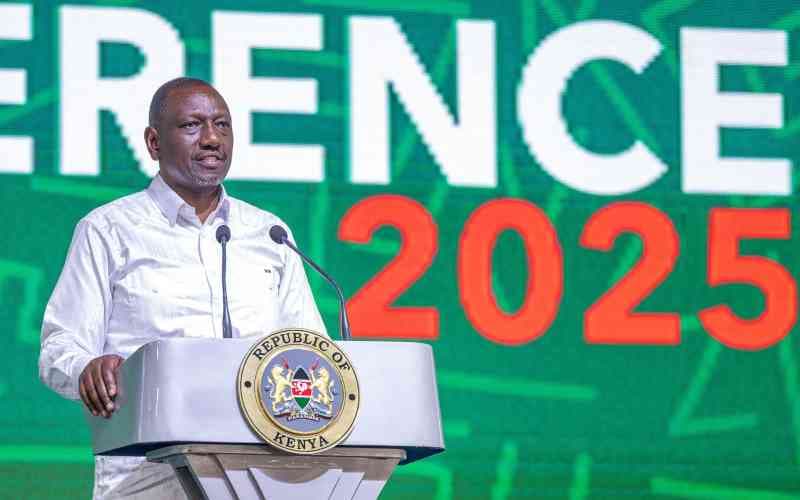We're loading the full news article for you. This includes the article content, images, author information, and related articles.
Members of the Public Accounts Committee want President Ruto summoned to provide evidence for his claim that MPs accepted bribes, warning that unproven allegations damage Parliament reputation and should be handled through formal channels

Nairobi, Kenya – Senators sitting on the Public Accounts Committee (PAC) have called for Speakers Moses Wetang’ula(National Assembly) and Amason Kingi (Senate) to summon President William Ruto to substantiate his explosive claim that lawmakers are receiving bribes to influence parliamentary decisions.
Committee chair Moses Kajwang’ cautioned that the President’s remarks, if left unverified, could severely damage the credibility of Parliament. He reminded colleagues that Article 125 of the Constitution empowers committees to compel any person – including the Head of State – to appear before them.
The legislators argued that unless Ruto provides evidence, the sweeping allegations unfairly taint the reputations of MPs and county assemblies across the country.
The President made the claims during a joint Kenya Kwanza–ODM parliamentary group meeting, asserting that he had “credible intelligence” that legislators had been bribed to sway votes on critical bills. He went as far as warning that implicated leaders risked arrest, though he stopped short of naming anyone.
“We cannot allow innuendo to hang over the institution of Parliament,” Kajwang’ told the session. “If the President has evidence, let him table it. If not, these statements undermine public confidence in our work.”
Several senators urged the President to route any information he holds through the Ethics and Anti-Corruption Commission (EACC) and the Directorate of Criminal Investigations (DCI) instead of airing the allegations in political forums.
They warned that turning oversight issues into rally talking points risks weakening institutional accountability and distracting Parliament from its core mandate of scrutinising government expenditure and protecting public resources.
Political analysts say the confrontation underscores deepening friction between the executive and legislature under Ruto’s administration. If the President is formally summoned, it would mark a historic test of accountability mechanisms in Kenya’s governance system.
“The Constitution envisioned checks and balances across arms of government. This case could set a precedent on whether the presidency itself can be compelled to answer before Parliament,” noted a Nairobi-based governance expert.
As the debate gathers momentum, all eyes will be on whether Speakers Wetang’ula and Kingi accede to the senators’ request. A summons would raise the stakes in the tussle between Parliament’s oversight role and the President’s political authority.\
For now, lawmakers insist that clarity is urgently needed. “Parliament cannot operate under a cloud of suspicion,” Kajwang’ concluded. “We must separate fact from political theatre.”
Keep the conversation in one place—threads here stay linked to the story and in the forums.
Sign in to start a discussion
Start a conversation about this story and keep it linked here.
Other hot threads
E-sports and Gaming Community in Kenya
Active 9 months ago
The Role of Technology in Modern Agriculture (AgriTech)
Active 9 months ago
Popular Recreational Activities Across Counties
Active 9 months ago
Investing in Youth Sports Development Programs
Active 9 months ago
Key figures and persons of interest featured in this article